Manure: What is it and How to Apply it in your Orchard or Garden?
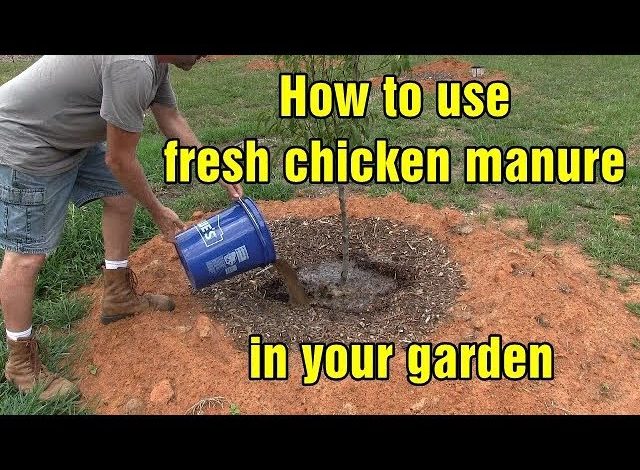
Manure is the excrement of an animal, but it is also defined as decomposing organic matter used in plant manure. 213 Reviews Humusziegel – 7.5 kg Organic Horse Manure Granules Pellets – Slow Release Natural Organic Bio Fertilizer- Natural Fertilizer for Vegetables/Herbs/Flowers
- NATURAL FERTILIZER: Humusziegel organic fertilizer is a 100% natural product based on pure horse manure. So that…
- IDEAL CONCENTRATION: Its NPK concentration: 1.6-3.5-2.6 optimally fulfills its function by uniformly releasing…
- VARIOUS APPLICATIONS: It is a universal fertilizer for plants, ornamental flowers, fruit trees and shrubs, herbs,…
- FRESH FOR A LONG TIME: Due to its 100% organic nature, it has little odor and no weeds. It has an effect of…
€27.49 View on Amazon Prices with VAT without transport
Last updated on 2022-07-26 / Affiliate Links / Affiliate API Images
What is manure?
 The manure and other waste are deposited in a place known as the stercolero, where they are piled up together with plant remains and other substances that can be used to fertilize the land.
The manure and other waste are deposited in a place known as the stercolero, where they are piled up together with plant remains and other substances that can be used to fertilize the land.
It has been used in crops from the very beginning of sowing, because it isrich in nitrogen and other nutrients.
The most used manure is cattle manure because it can be used on all kinds of soils and is of great help to fertilize any type of crop, but its characteristics depend on the food provided to the cows.
Horse manure, pig manure, sheep manure, and bird manure are also used to fertilize plants.
Organic matter such as manure must be composted, through a process in which it is bound with other waste, to eliminate any pathogens and break it down for faster absorption by plants.
Uncomposted manure is not recommendedbecause it may contain weed or disease seeds that can be transplanted into your garden.
Manure has given way in recent years to synthetic fertilizer, agriculture and biodynamic agriculture, but there are producers who prefer organic farming and continue to use it.
 92 Reviews Horse manure – 45l
92 Reviews Horse manure – 45l
- horse manure substrate
- Natural product that can be used on all types of plants
- The amount of bacteria that the horse needs for its digestive process, form the basis of its unique effect.
- Its use is recommended as an organic amendment
€14.95 View on Amazon Prices with VAT without transport
Last updated on 2022-07-26 / Affiliate Links / Affiliate API Images
Why is manure used?
Manure contains nitrogen, phosphorus, and other nutrients that plants need to grow.
Proper use of manure as fertilizer minimizes nutrient contamination of water resources and helps build healthy soils. The nutrients in the manure can also be used to grow earthworms, insect larvae, algae, or other living organisms.
What is the difference between compost and manure?
Manure is an organic substance obtained from the decomposition of vegetable and animal waste.
Fertilizers are inorganic substances manufactured in factories. Fertilizers are relatively less rich in nutrients for plants, they only eliminate the general deficiency of the soil.
What types of manure are there?
Although manure comes from animals, not all have the same characteristics.
 To kill any bad seeds and decompose them effectively, a temperature of 60 degrees centigrade is needed for a certain time, and that time depends on the different types of animal manure.
To kill any bad seeds and decompose them effectively, a temperature of 60 degrees centigrade is needed for a certain time, and that time depends on the different types of animal manure.
An example of this assertion is in the feces of dogs and cats that must be composted for two years andthey cannot be applied directly to food crops.
Humanure or human manure should never be used in the landscape. Only professional composters have the tools and knowledge to safely compost human waste.
Manure from domestic livestock, which contains variable amounts of nutrients, must be used in different ways and at different times.
The types of manure are:
- Cow.
- horse.
- Chicken.
- Pork.
- goats.
- sheep.
Chicken manure (our favorite)
 Of the different types of manure , chicken manure stands out, which due to itshigh nitrogen contentIt is ideal for gardens.
Of the different types of manure , chicken manure stands out, which due to itshigh nitrogen contentIt is ideal for gardens.
Precisely for this reason, chicken manure must be composted and aged very well to avoid burning the plants.
After this procedure, the chicken manure should be applied in the spring or fall.
Cow dung
Cow manure should also be composted for best results.
Cows tend to feed on grass, and therefore their droppings tend to contain less nutrients than chicken and sheep droppings, for example.
sheep manure
Sheep manure is high in nitrogen, but the proportion of other nutrients is lower.
horse manure
Horse manure is similar to cow manure but, because it is larger and eats seeds and weeds, it takes much longer to age and compost.
In short, any variety of manure can be beneficial for your garden, but there are rules that you must apply to achieve the ideal results.
Make sure the manure is composted for six months or more, or added raw, tilled into the ground at least one season before planting.
- Mixture of manure and sphagnum peat and vegetable humus, subjected to a process of maturation and humidification to obtain…
- The components of the Nutro con estallamático provide the essential microelements to obtain a more vigorous growth,…
- Humus – Natural nutrition. The 100% vegetable humus, rich in nutritional elements useful for plants, promotes…
- Bovine and equine manure. It is a 100% natural organic fertilizer that is well balanced and rich in nutritional elements…
€10.15 View on Amazon Prices with VAT without transport
Last updated on 2022-07-26 / Affiliate Links / Affiliate API Images
How can we make the manure, step by step?
Plants need nutrients, such asnitrogen, potassium and phosphorus,to be able to develop, both in the garden and in pots.
We can provide these nutrients ourselves, making the appropriate fertilizer for each case with the use of animal manure; This is what is called compost.
Compost is nothing more than the process that is carried out to convert manure into suitable fertilizer for planting, and it consists of letting some organic material decompose in a controlled environment, so that the resulting material can be used as a soil additive.
The manure of large animals, such as horses, have a lot of potential so they are a great additive for the soil, but you have to compost it first, following these steps:
Build a compost site
- The first thing you should do is look for a high place, because the compost at low level will get wet easily; there will be placed the necessary container to carry out the process.
- This area should be close to the stables for greater ease in moving the manure to the composting pile.
- An appropriately sized place for composting should be created. The compost pile must receive an adequate amount of air, so it must be one meter high, wide and long.
- Some carbon-rich materials are sticks, dry leaves, needles from evergreen trees, sawdust, cardboard, and paper.
Mix waste and manure
 These materials must be mixed with the manure and stored in the previously prepared container.
These materials must be mixed with the manure and stored in the previously prepared container.
To protect the composta canvas should be placed on top, with the idea that it does not get wet with the rains or dry with the heat.
The compost must receive an adequate amount of air, otherwise the composting process will take longer.
It can also be aerated after a few days, or put tubes in the container, one and a half meters long, arranged in the center, facing outwards for air intake.
Wait a few days – it could be a week – to stir the compost and rearrange it with a pitchfork or pitchfork, which will oxygenate it and feed the aerobic bacteria needed for decomposition.
8 Opinions BIORCAMP PREMIUM PELLETS – Organic Sheep Manure Fertilizer for Horticultural Crops, Fruit Trees and Vineyards in Organic Farming – 25 kg bag
- 100% natural sheep manure fertilizer.
- Suitable for organic farming.
- It provides a great richness in main macronutrients such as phosphorus (P) and potassium (K) and micronutrients. Its origin…
- Compatible with all types of horticultural crops, fruit trees and vineyards. It can be applied locally in crops…
€26.95 View on Amazon Prices with VAT without transport
Last updated on 2022-07-26 / Affiliate Links / Affiliate API Images
be patient and wait
Finally,You have to be patient and know how to wait.because the composting process takes a long time.
In that time, which is three months or more, the pile will rest and decompose until it becomes the ideal fertilizer for plants.
The composting process is always the same in all cases of animal manure and only the criteria of each of the composters varies, because, as we all know, each head is a world.
If you are starting out in these practices, we recommend that you seek the advice of an expert in the field, of which there are many in the cultivated areas, tonot make mistakesruin their good intentions.
How can manure benefit our garden or crops?
Manure is defined as a natural and respectful way with nature, since chemical fertilizers are harmful to humans and the environment.
Much of these fertilizers come from petroleum products that can damage the skin and respiratory system.
 Although they certainly help plants grow, they do nothing to improve soil health, as they kill many beneficial microorganisms that inhabit the soil and alter the natural pH of the soil.
Although they certainly help plants grow, they do nothing to improve soil health, as they kill many beneficial microorganisms that inhabit the soil and alter the natural pH of the soil.
Instead, manure comes from animals and is rich in organic matter and minerals, such as nitrogen, phosphorus, potassium, calcium, magnesium, and sodium.
For this reason, it is considered a complete fertilizer since it contains a variety of macro and micronutrients essential for good plant and soil health.
What are the advantages and disadvantages of manure?
Advantages of manure
Manure is the ideal fertilizer for plants. Its advantages and the benefits it provides to crops are many.
Here we list some, according to the criteria of experts:
- On farms where agriculture and livestock are combined, the manure re-enters the farm again, thus closing the circle.
- Although some horticultural crops withstand uncomposted manure well, it is recommended to use composted manure, because it is very beneficial by eliminating weed seeds and transforming many of its nutrients by the action of microorganisms and eliminating undesirable viruses, fungi and bacteria. improving its physical-chemical structure.
- With the process, greater amounts of humus are obtained than with the same amount of material applied directly to the soil.
- Composted manure is a material very rich in beneficial microbial flora.
Disadvantages of manure
The disadvantagesthey are given that, being the excreta of animals, the manure may contain weed seeds absorbed by those animals; those weeds can introduce new weeds into the soil, plus they can absorb nutrients and restrict other crop plants.
E. coli is a bacteria that lives inside the intestines of animals and can cause contamination of raw vegetables.
Exposure to this bacteria causes diarrhea and abdominal cramps.
Another disadvantage is the salt prevalent in the manure which can accumulate in the soil over time; high levels of salt can create dry conditions and damage plant roots.
Trees and plants can be subject to disease when planted in soil with a high concentration of salt.
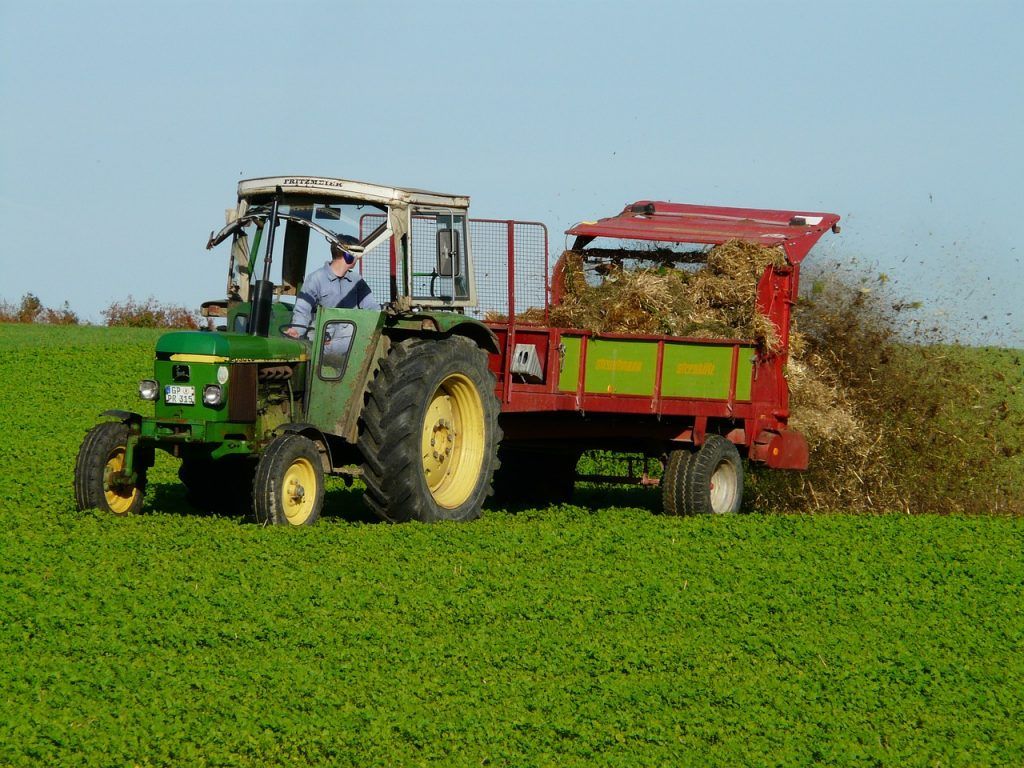
Can human manure be used as compost?
Using raw human feces as compost is a risky practice as it can contain disease-causing pathogens.
Safe reduction of human excreta for composting is possible.
In some places, homemade organic matter such as compost is created from sewage sludge, but then they recommend that it only be used in flower beds, not in orchards.
What animal excrement is the best fertilizer?
Ideally, the best manure for gardens is chicken manure, as it has a very high nitrogen content, a need that all plants have, but it must be well composted and aged to prevent plants from burning.
Chicken manure is a rich source of nutrients and is best applied in the fall or spring, after it has had a chance to compost.
Since the cows’ diet is mostly grass, their poop is often low in nutrients, making it ideal for native gardens or vegetables that don’t need much feeding, such as onions, carrots, parsnips, and beets.
Sheep manure is also considered to be of high quality.

Is it possible to put too much manure in the orchard or garden?
Adding too much manure can lead to nitrate leaching, nutrient runoff, excessive vegetative growth and, in the case of some manures, salt damage.
Ideally, spread the manure in the fall or winter and incorporate it into the garden in the spring before planting.
What plants do not like manure?
It is also lower in “fruiting and rooting” nutrients, such as phosphorus and potassium, which is why we always advise our readers not to use horse manure on flowering plants.
When can we YES use it?
Use the manure on non-blooming plants that need nitrogen, such as lawns, corn, potatoes, garlic, and lettuce.

Why is organic compost better than fertilizers?
Manure is better than manure and chemical fertilizers. Manure is obtained naturally and provides much more than nutrients to the soil. They increase the activity of soil microbes and increase its fertility.
Can I put manure on top of the ground?
To apply the manure, add a 5-6cm layer of manure on top of the existing soil and mix well.
Like cow, horse, chicken and rabbit manure they are great for your vegetable garden, but since they have higher levels of nitrogen, make sure they are not fresh and have been composted.
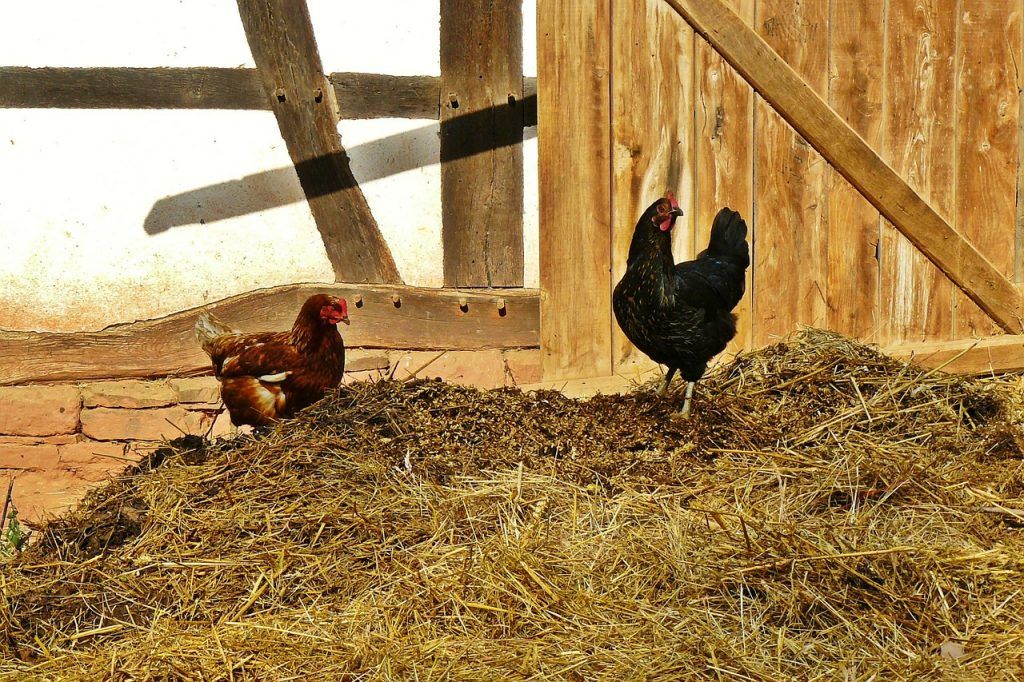
Do tomatoes like manure?
Tomatoes need a lot of nutrients to grow strong and produce heavy bunches of fruit. Good land preparation is crucial.
The best food is good composted farmyard manure and/or good quality garden compost.
Is compost or manure better for soil enrichment?
Composted manure, rich in organic matter, can improve soil structure, but probably to a lesser extent than humus compost. The organic matter worked into the soil helps retain water and nutrients.
Compost also stimulates soil microbes, such as fungi and bacteria, and earthworms, which recycle nutrients for plant use.
How much manure should I add to the soil?
If you use an organic compost, such as farmyard manure, spread it evenly around the garden and try to work it into the soil. Use 9 to 13 kg of manure for every 10 square meters of garden or orchard.
Don’t use too much. Do not overdo it, since the manure, if it is not well decomposed, can be very aggressive with the plants you are trying to grow.
That said, do not use fresh manure because it can damage the plants in your garden or garden.
Tip: If you have bought bagged composted manure, the package label will tell you the nutrient content and application rate.
Whether it’s buckets of fresh or aged manure from a friend’s farm, the contents of your chicken coop, or a donation from a neighbor’s horse barn, it can be a lot harder to figure out if what you’re spreading in the yard is too much., too little or just.
The nutrient content of manure from farm animals varies considerably depending on various factors. The availability of manure nutrients for plant growth will depend on the decomposition and release of organic components.
Typically, 70-80% of the phosphorus and 80-90% of the potassium will be available from the manure the first year after application.
The calculation of nitrogen availability is more complex, as it depends on microbial activity to make it available for uptake.
Application rates of fresh manure or compost are suggested to supply approximately 1 kg of nitrogen per 10 square metres.
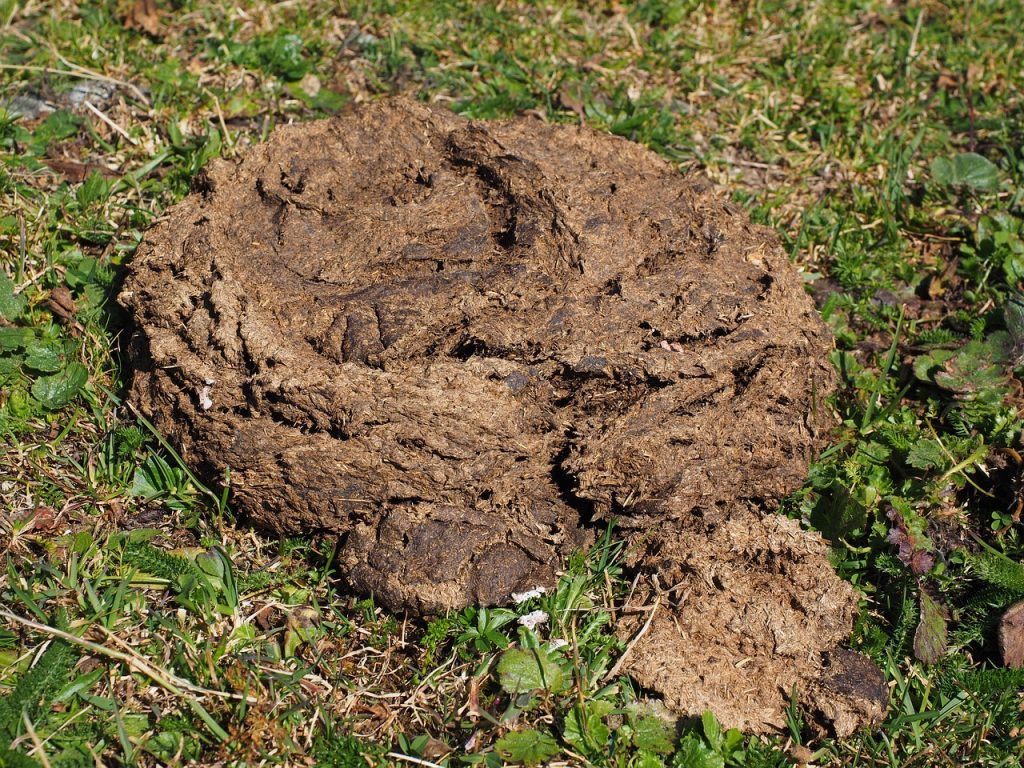
What can not be considered manure?
Some organic elements, such as bone and blood meal, come from grazing cattle, but the amounts are much smaller than those from manure.
Sawdust and wood chips from timber production are valuable nutrients for the soil, but are not available to many farmers and horticulturists.
A bit of history about manure and its use in agriculture
According to a Byzantine tradition attributed to Cassianus Bassus, pig manure was not used as compost, except for

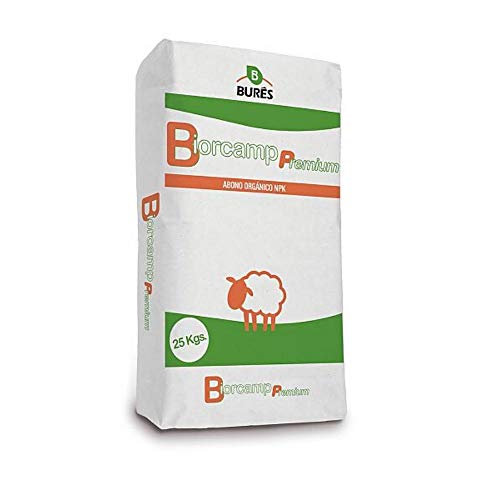
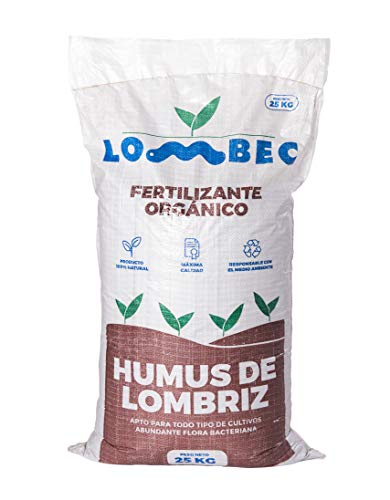
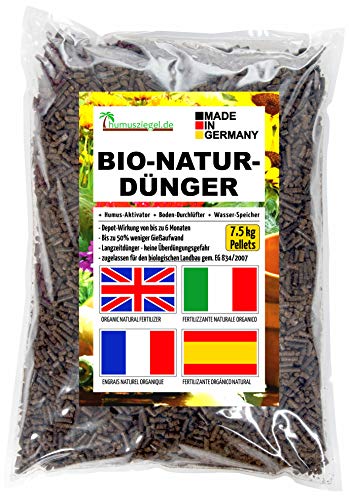
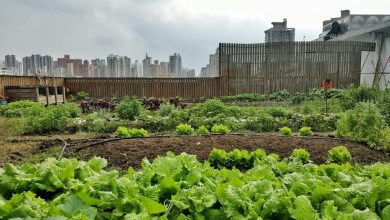
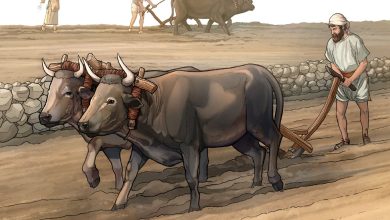
![Photo of Daisies Care: [Soil, Humidity, Pruning and Problems]](https://www.complete-gardening.com/wp-content/uploads/2022/08/daisies-care-soil-humidity-pruning-and-problems-390x220.jpg)